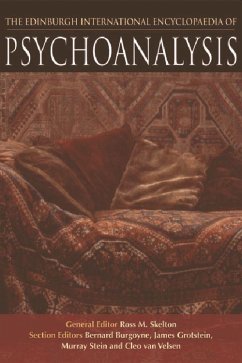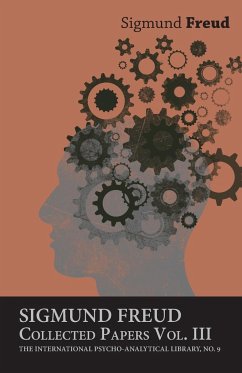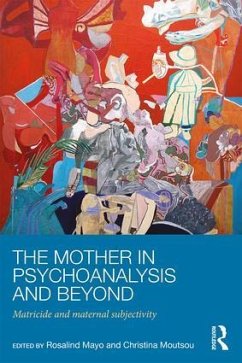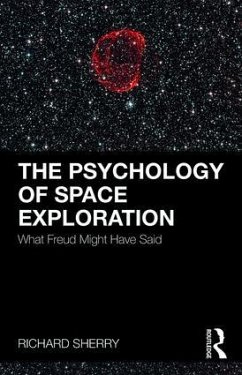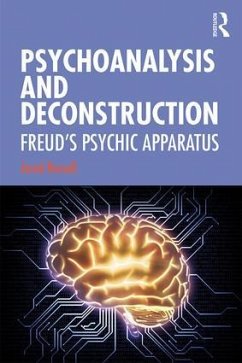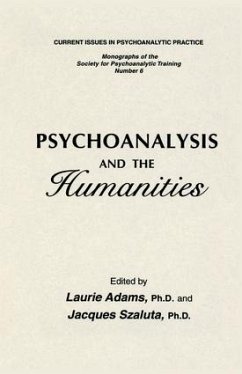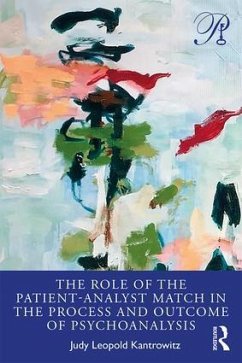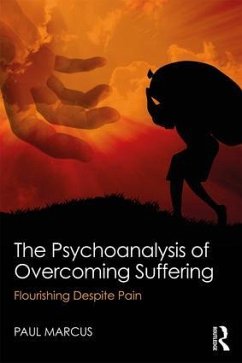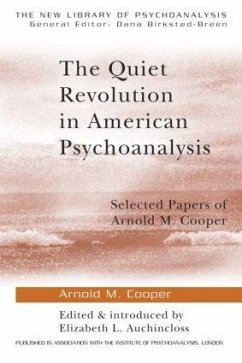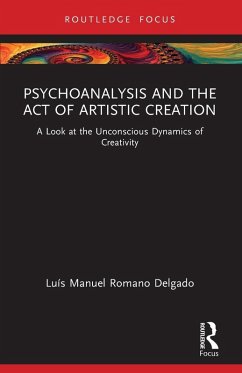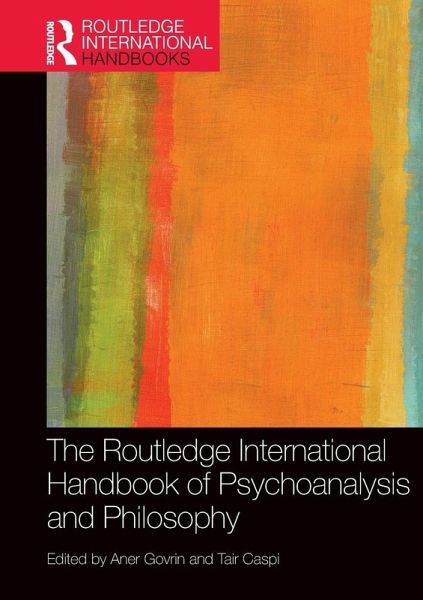
The Routledge International Handbook of Psychoanalysis and Philosophy

PAYBACK Punkte
30 °P sammeln!
The contributors to this handbook conduct a rigorous, innovative and distinctive analysis of the relationship between philosophy and psychoanalysis. Emphasising that any psychoanalytic subject or school necessarily involves philosophical reflection, the book examines the ways in which psychoanalysis and philosophy inform and intersect with each other - sometimes in mutual support, and sometimes in intense conflict. The book includes contributions from leading researchers across the world, both established and emerging, and traces the current state of the art in psychoanalysis and philosophy by...
The contributors to this handbook conduct a rigorous, innovative and distinctive analysis of the relationship between philosophy and psychoanalysis. Emphasising that any psychoanalytic subject or school necessarily involves philosophical reflection, the book examines the ways in which psychoanalysis and philosophy inform and intersect with each other - sometimes in mutual support, and sometimes in intense conflict. The book includes contributions from leading researchers across the world, both established and emerging, and traces the current state of the art in psychoanalysis and philosophy by exploring key issues, themes, topics and debates across the field.





